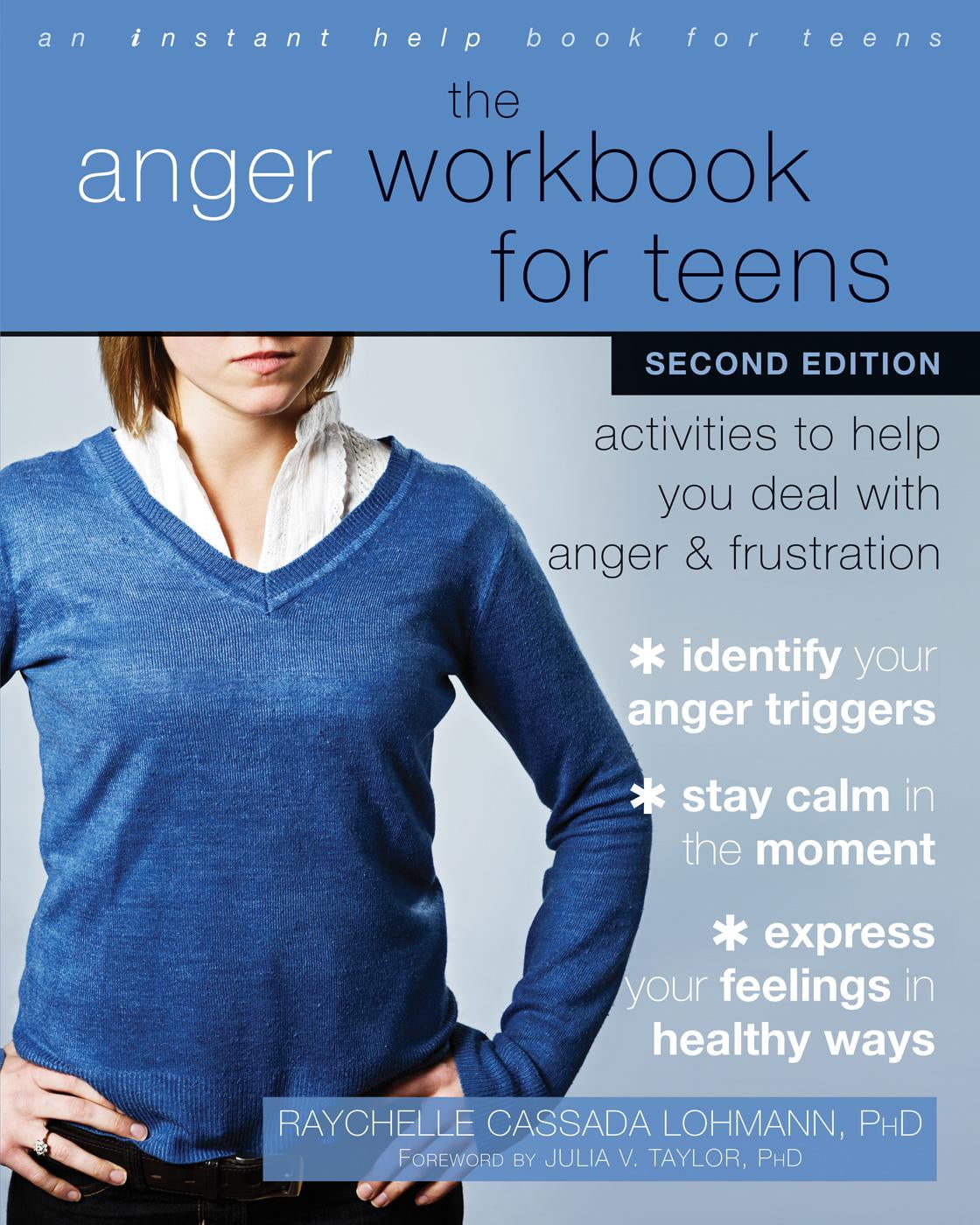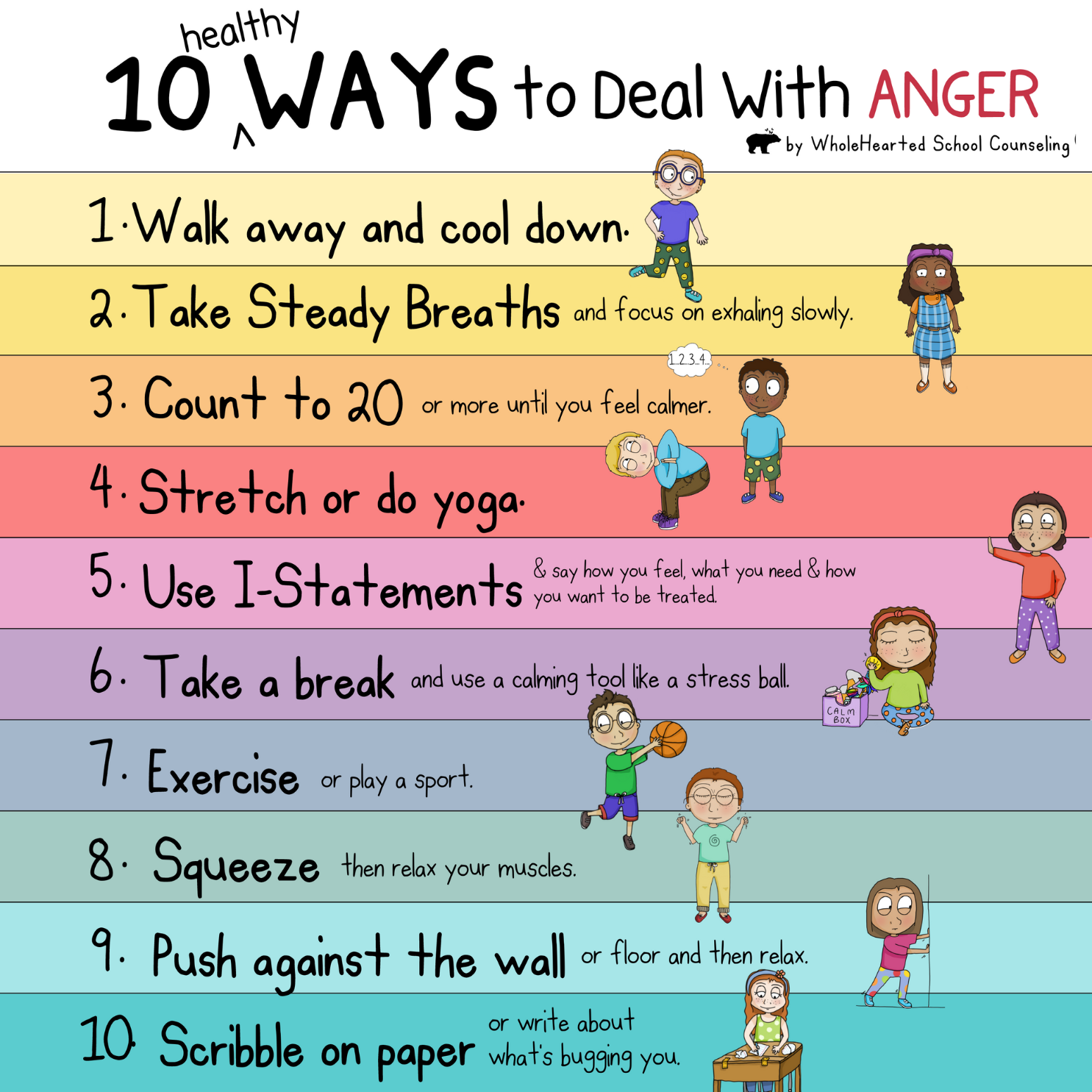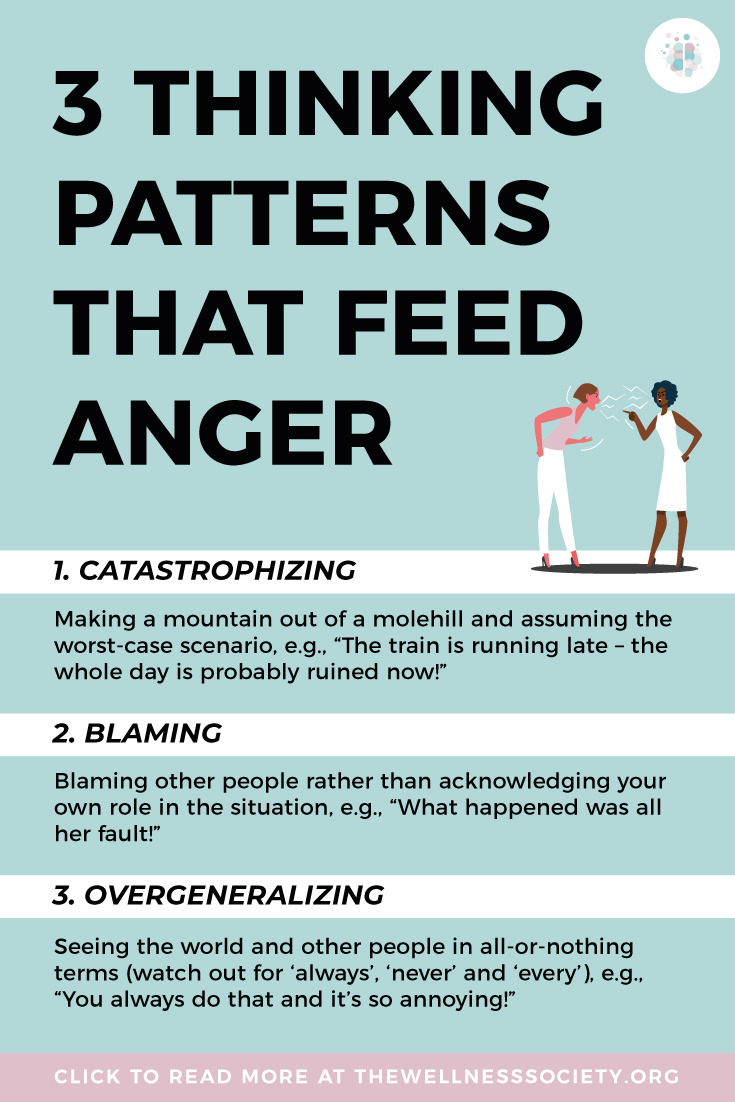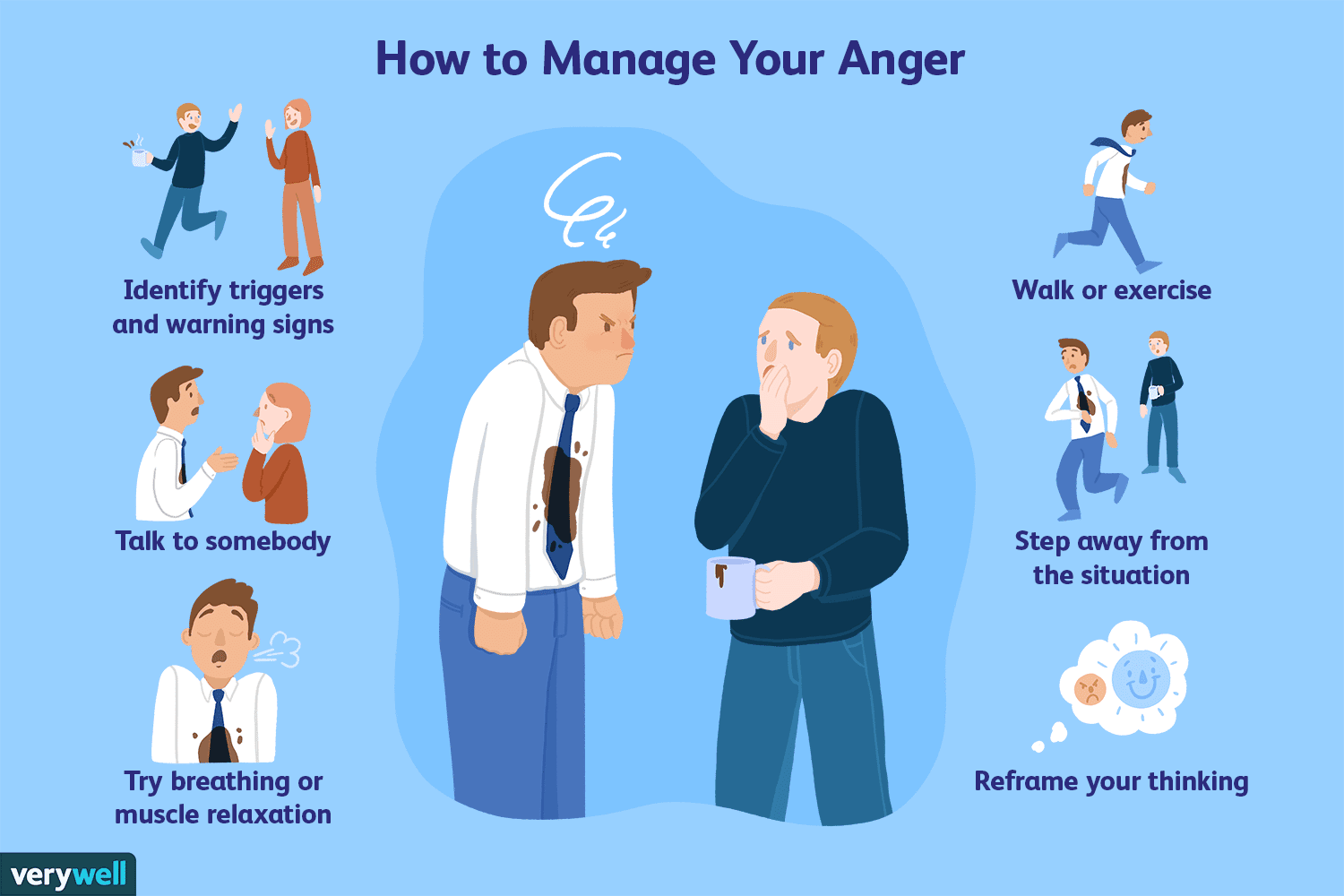Amazing Info About How To Deal With Frustration And Anger
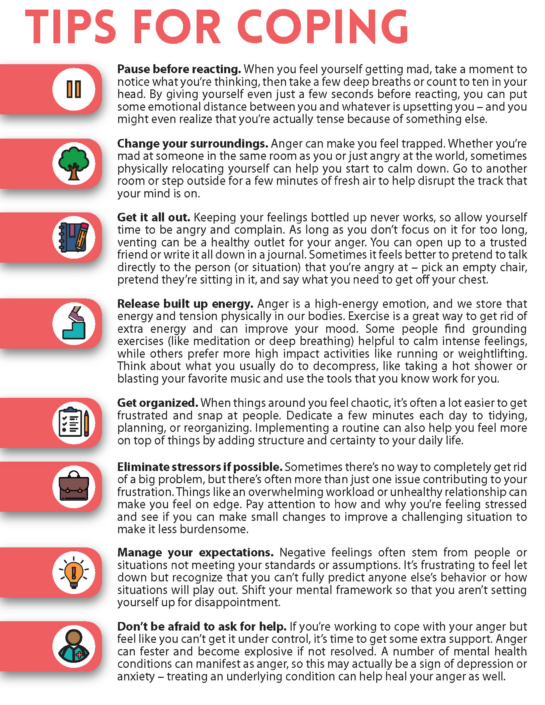
According to a 2017 study, taking a moment to focus on your breath and breathe from your diaphragm.
How to deal with frustration and anger. The first steps to managing frustration are recognizing the frustration and understanding what preconceived. Image by engin akyurt from pixabay. It's not always easy to deal.
How to deal with and better understand frustration 1. Emotional intelligence is linked with the ability to deal with frustration. The three main approaches are expressing, suppressing, and calming.
Wrath, fury, rage — whatever you call it, anger is a powerful emotion. 3) redesign team goals together. Anger can help you meet your goals.
Give yourself short breaks during times of the day that tend to be stressful. Posted may 22, 2020|reviewed by ekua hagan. But not all anger issues are that serious.
These activities can help ease angry outbursts. Via giphy physically throwing something can relieve stress and be helpful in the immediate moment. Key points frustration is the emotion we feel when our expectations are thwarted.
A 2019 study suggests regular physical activity can help a person manage emotions, reduce tension, and relieve stress. Expressing your angry feelings in an assertive—not aggressive—manner is the healthiest way to express anger.
This form of therapy can help address issues caused by anger directed at one’s family. With so much instability in the workplace these days, you may feel. Enhancing your frustration tolerance diminishes your propensity for anger.
Unfortunately, it’s often an unhelpful one. Continue breathing deeply until you feel calm. Instead of focusing on what made you mad, work on resolving the issue at hand.
If you’re dealing with frustration with another person, step away until you’ve calmed down long enough to have a productive discussion. Life is full of frustrations, but that doesn’t mean you need to handle them all. 2) lean into their anger with an intent to learn.
Try breathing in through your nose and out through your mouth. Anger is a natural human experience, and sometimes there are valid reasons to get mad like feeling hurt by something someone said or did or experiencing frustration over a situation at work or home. If you see a psychologist for help with anger problems, you can plan on examining the triggers that set you off.
